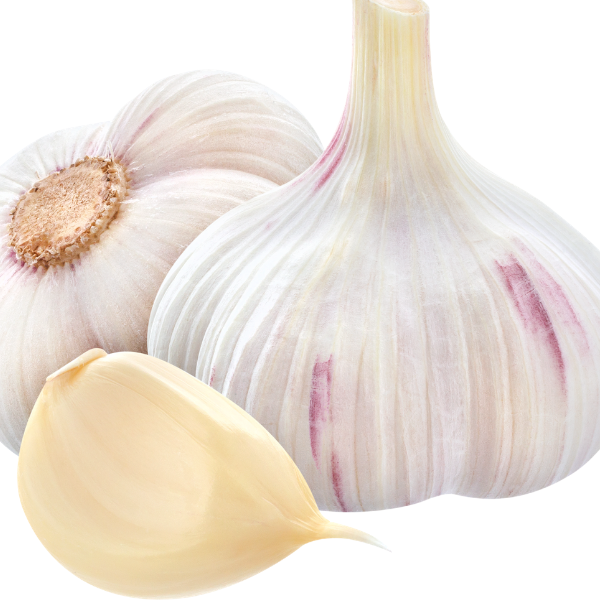Cook & Learn: Baked Avocado Tacos
Recipe: Baked Avocado Tacos
Oil for spraying pan and avocados
2 large, ripe avocados, seeded and peeled
3/4 cup (175 mL) panko bread crumbs
1/2 tablespoon (7 mL) chipotle rub
10-12 corn or flour tortillas
Slaw & Sauce
5 ounce (150 g) radishes, trimmed
1 medium carrot, peeled and cut into thirds
1/2 lime
1/3 cup (75 mL) fresh cilantro leaves
1/2 cup (125 mL) 2% plain low-fat Greek yogurt
1/8 teaspoon (0.5 mL) salt
History of Avocado
Experts believe that avocados – from the Persea americana tree – originated almost 10,000 years ago in the South Central state of Mexico called Puebla. And researchers think that domestication of the avocado tree to grow avocados occurred around 5,000 years ago. Along with its value as a food source, avocados were also prized for their perceived ability to provide mythological powers in ancient Aztec culture. Avocados were later introduced in the 1500s to the people of Europe by Spanish explorers who encountered them in North America, Central America, and South America.
Medical Properties of Avocados
Avocados are packed with vitamins, minerals, antioxidants, fiber, and healthy fats – including vitamin K, folate, vitamin C, vitamin B5, vitamin B6, vitamin E, potassium, monosaturated fatty acids, lutein, and zeaxanthin. The oleic acid contained in monosaturated fatty acids in avocados are linked to lower inflammation in the body and positive effects on genes associated with cancer, and potassium supplied by avocados is connected with reduced blood pressure. Avocados are touted for being heart-healthy with studies linking them to reduced cholesterol and triglyceride levels. The fiber supplied by avocados – with 75 percent being insoluble fiber – aids in maintaining a healthy digestive system. Even the fat contained in avocados assists in the body’s absorption of fat-soluble vitamins like vitamin A, vitamin D, vitamin E, and vitamin K and with antioxidants like carotenoids. The carotenoids of zeaxanthijn and lutein in avocados have been connected to reduction in degeneration of eyesight and lower rates of cataracts. Avocados also contain glutathione, which aids in function of a healthy immune system.
Surprising Facts About Avocado
An average size avocado contains 9 grams of fiber, which is the most among all fruits. Avocados actually belong to the same plant family as cinnamon – Lauraceae, commonly known as laurels. Avocados contain more potassium than bananas – weighing in at 975 milligrams per avocado compared to 544 milligrams of potassium per banana. Avocados were known as alligator pears in the U.S. until the U.S. Department of Agriculture renamed them as avocados. The summer of 2017 was especially memorable in the history of the avocado when over 3 million avocado toast photos were uploaded daily to Instagram.
In retaining editorial control, the information produced by Diverse Health Hub does not encapsulate the views of our sponsors, contributors, or collaborators.
Importantly, this information is not a substitute for, nor does it replace professional medical advice, diagnosis, or treatment. If you have any concerns or questions about your health, you should always consult with a healthcare professional.
Sources
https://avocadosfrommexico.com/avocados/history/
https://www.healthline.com/nutrition/12-proven-benefits-of-avocado
https://blog.apeelsciences.com/10-fun-avocado-facts










